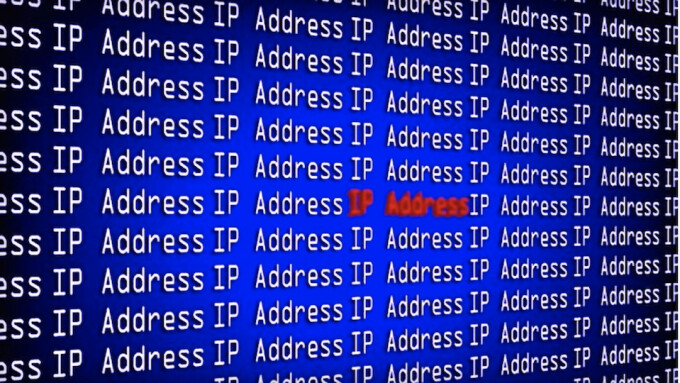NEWARK, N.J. — A New Jersey federal judge on Tuesday overruled a circuit court ruling preventing Strike 3 Holdings from identifying alleged illegal downloaders of their adult content.
The new decision, by U.S. District Judge Noel L. Hillman, granted the subpoenas requested by Strike 3 to allow them to identify individuals with computers associated to 13 IP addresses who allegedly downloaded their content illegally.
Strike 3 is the holding company that owns the copyrights to Vixen Media Group content, including those from popular brands Vixen, Tushy, Blacked and Deeper.
According to legal news site Law360, Strike 3 “monitors for IP addresses that download its films, then uses geolocation technology to figure out roughly where the network is located. It then files a lawsuit in the appropriate district against the anonymous subscriber linked to the address, allowing it to request a subpoena to force the internet service provider associated with the address to reveal the name of the subscriber.”
The company’s lawyers have filed more than 3,000 similar lawsuits across the country since 2017, receiving criticism from some legal observers and judges about their tactics.
Judge Hillman’s decision reversed the October 2019 ruling by Judge Joel Schneider, who said that while he was not “unmindful” that his ruling “may make it more difficult for Strike 3 to identify copyright infringers,” he chose instead to uphold the expected privacy rights of the accused over the company’s claims.
"A legal remedy does not exist for every wrong,” Schneider had written, “and it is unfortunately the case that sometimes the law has not yet caught up with advanced technology.”
Yesterday, it was time for Judge Hillman to opine that, although he “does not view lightly” the privacy concerns Judge Schneider had prioritized, he would side with Strike 3.
The still-anonymous defendants, Hillman wrote, may have a legitimate privacy interest in their online activity, but those rights “do not grant users a license to infringe on copyrighted material.”
"To the extent that anonymity is used to mask copyright infringement or to facilitate such infringement by subscribers or other persons, it is unprotected by the First Amendment," Judge Hillman wrote.
Hillman also ruled that the subpoenas should be accompanied by “a limited protective order” to assuage “any concerns about misidentification or privacy exposure.”






